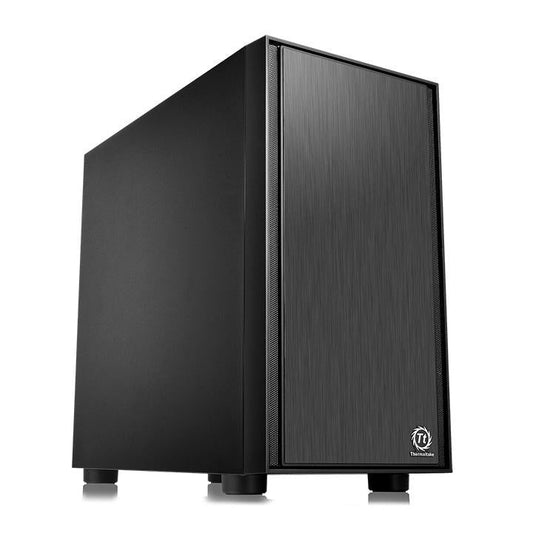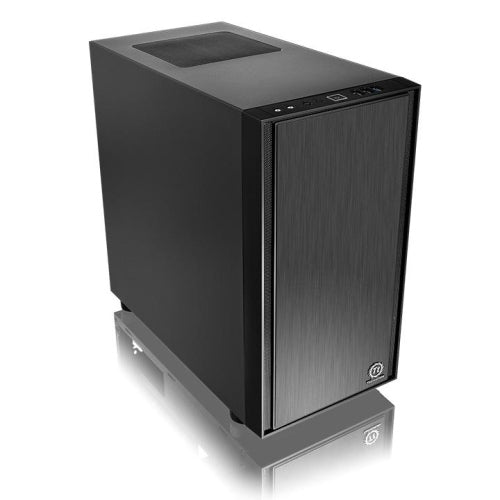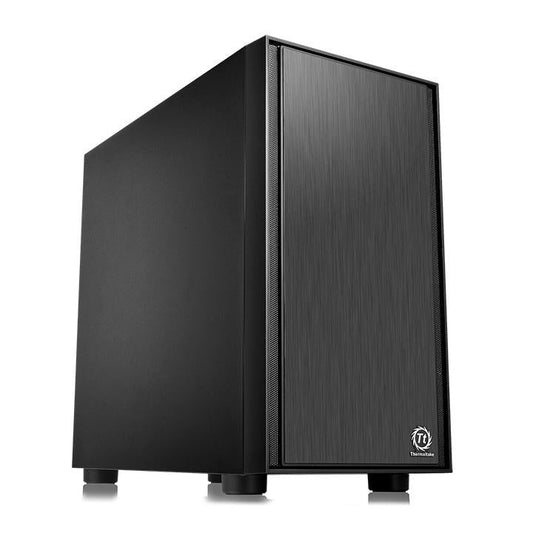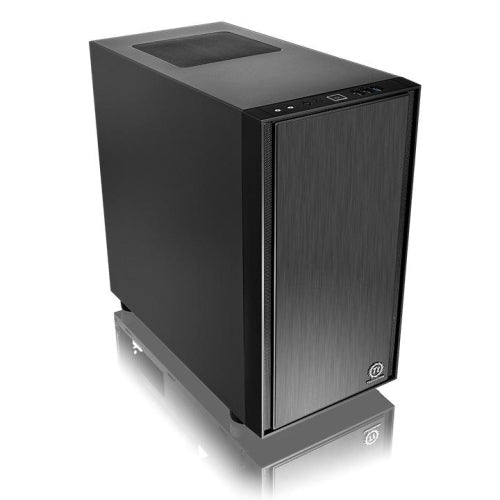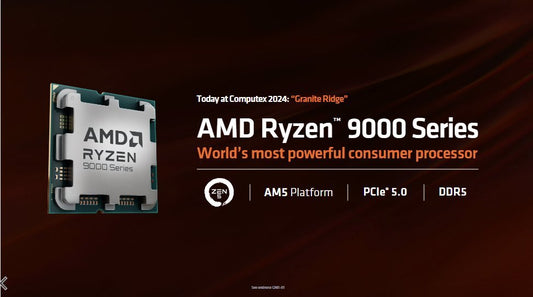What is a Gaming Computer and How Much Does it Cost?
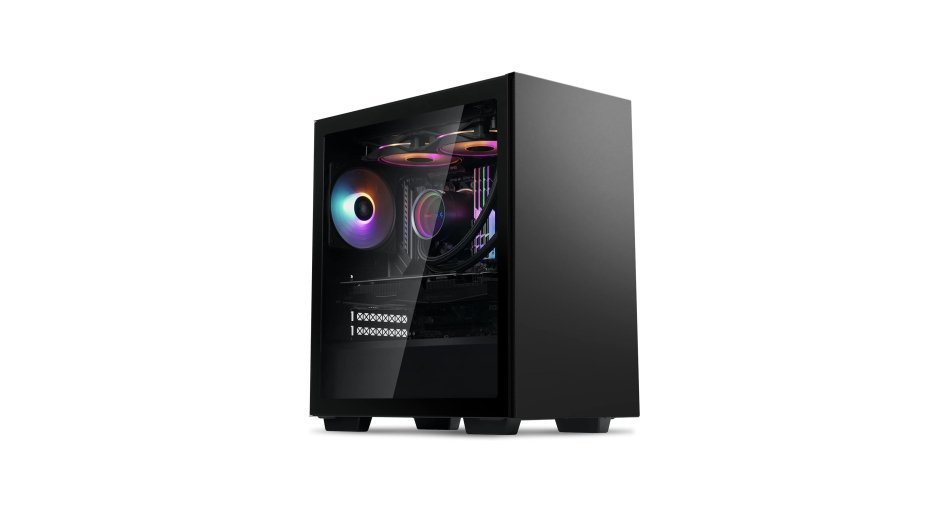
Share
If you're new to the world of gaming, you may be wondering what exactly a gaming computer is and how much it costs. Gaming computers, also known as gaming PCs, are specially designed computers that are optimized for playing video games. Unlike regular computers, gaming PCs are equipped with powerful hardware components that can handle the demanding graphics and processing requirements of modern games.
What is a fair price for a gaming computer?
Determining a fair price for a gaming computer depends on your specific requirements and budget. We know getting a console is way cheaper than going for a gaming computer. But, let's be real, a gaming computer can do way more stuff than your average console like the PS5. That's when you start to see the price gap kicking in.
A good reliable gaming PC that can outperform consoles typically falls in the $1500-$2000 range. This price range ensures that you get a gaming computer with high-quality components and excellent performance with longevity.
On the other hand, if you're looking for a superior gaming PC that can achieve performance levels beyond what consoles can ever achieve, you may need to invest more than $2000. These high-end gaming PCs often come with top-of-the-line hardware components and advanced features that deliver exceptional gaming experiences.
Any gaming computer under $1000 is your beginner-level gaming setup that can handle games pretty nicely. But if you put it side by side with, say, a PS5, you might notice a bit of a performance dip in the gaming computer. No worries, though — these gaming pc's still perform nicely, especially when you're diving into esports or playing other games while dropping down the resolution settings a bit.
What drives the cost of a gaming computer?
The cost of a gaming computer can vary significantly depending on several factors. Here are some key factors that drive the cost:
1. Hardware Components
The hardware components of a gaming computer play a crucial role in determining its performance and price. Components such as the processor (CPU), graphics card (GPU), memory (RAM), and storage drive (SSD/HDD) can significantly impact the overall cost. High-end components with advanced features and better performance tend to be more expensive.
2. Customization and Upgradability
Gaming computers often offer a high level of customization and upgradability. This means that you can choose specific components and features based on your preferences and budget. However, customization and upgradability can also increase the cost, as you have the flexibility to choose premium options.
3. Design and Aesthetics
Gaming computers often come with visually appealing designs and RGB lighting options. These aesthetic features can enhance the gaming experience and make the computer look more attractive. However, these design elements can also add to the overall cost of the gaming computer.
4. Brand and Reputation
The brand and reputation of the gaming computer manufacturer can also influence the cost. Well-known brands with a strong reputation for quality and performance may charge a premium for their products. However, it's important to note that there are also reputable budget-friendly options available in the market.
Remember, a gaming computer is a long-term investment that can provide you with years of gaming enjoyment.
In the hunt for a computer? Explore our range here at Hermes Advancements. Our lineup spans various price points, featuring expertly crafted gaming computers. Each system is meticulously crafted on demand, rigorously tested to ensure optimal performance, delivering the best gaming PC's we have to offer.

